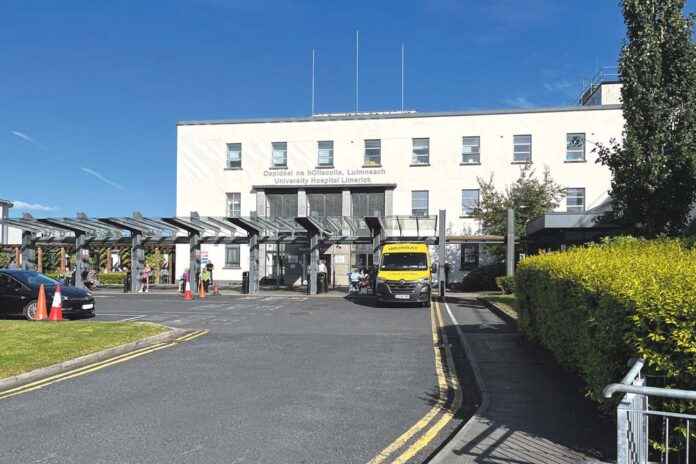IT’S a very old and recurring theme of this column, but it is one that, despite the heated arguments, debates and initiatives, has seen little forward motion over the past decade.
The publication of the Clarke Report into the death of Aoife Johnston in UHL has highlighted many things and concluded that her death was avoidable. Despite the shocking nature of this finding, unforunately for those of us who have had any interactions with the emergency department, it is not surprising.
Fortunately, this reporter has not had much call to attend the A&E until very recently. Stories, reports and announcements since the last physical visit to the facility would lead anyone to believe that there have been changes suggested and implemented and that things are on an upward trajectory. Personal experience, however, in this instance would suggest otherwise.
First-hand, it seems that, in this situation at least, communication between staff about patient care is sorely lacking. In many workplace settings the results of poor communication may not be overly dramatic and definitely not life-threatening. However, in an over-crowded A&E department, this can have an instant and catastrophic impact on patients.
This publication has run many stories about the wait-times for ambulances and the effect that has had upon health outcomes for patients and yet, outside the A&E department, ambulances are forced to wait with their clients until they are admitted to the emergency department, something which can take hours. This is simply not good enough.
Sick people in the mid-west are fearful of presenting to the A&E and who could blame them? As a nation that punches above its weight on the international stage, we are failing our citizens.
Elections have come and gone and platitudes have been followed by reports, reviews, promises and yet more platitudes. All the while the problems of over-crowding persist and worse than this, we have become obsessed with numbers.
There was a time when healthcare was considered a vocation. When caring for people was about more than the wage you took home at the end of the day. In the midst of this current crisis we seem to have forgotten that we are dealing with real people and have instead replaced them with numbers.
To live in an affluent, first world nation where the best we can offer those who are unforunate enough to fall ill is care in what has been described as a ‘warzone’ is not good enough.
We need more capacity, more staff and most importantly more care for the person beyond their patient number.
A native of Ennis, Colin McGann has been editor of The Clare Champion since August 2020. Former editor of The Clare People, he is a journalism and communications graduate of Dublin Institute of Technology.



